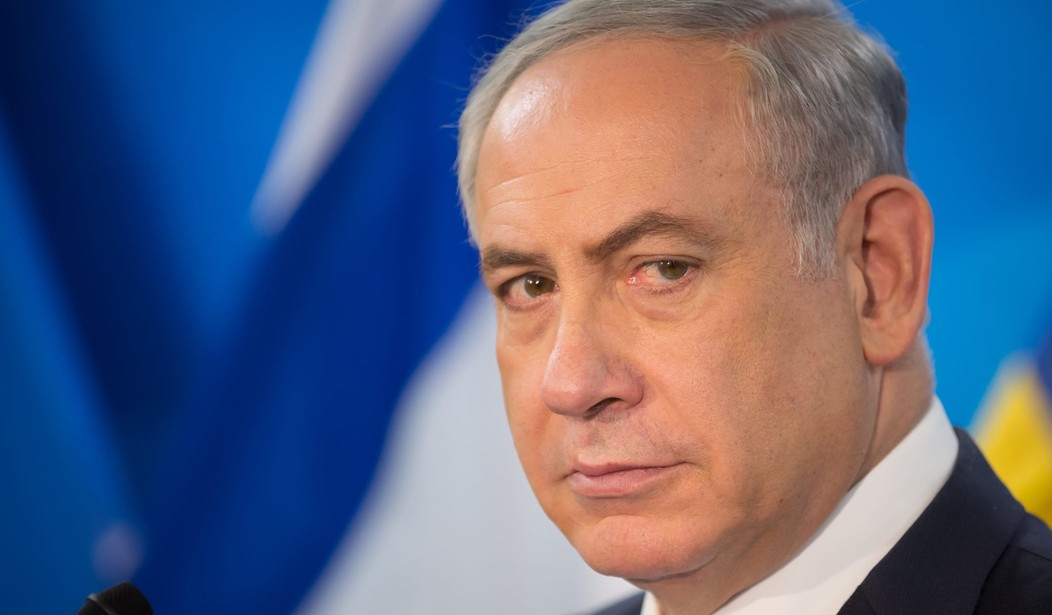Last Thursday, almost as an anti-climax, Israeli Attorney General Avichai Mandelblit issued a formal indictment of the Israeli prime minister’s wife, Sarah Netanyahu, for breach of public trust and fraud with exaggerated circumstances.
The charges revolve around $100,000 in state funds falsely charged to the prime minister’s state accounts for lavish catered meals illegally. She was also represented as pressuring members of the Prime Minister’s Residence staff to obtain items for the Residence whether they were authorized or not. Tapes were placed in evidence of her violently abusing staff when they balked. While indictment is not conviction, this does indicate that the AG has an airtight case against her, and casts a shadow over the entire Netanyahu administration.
There is a precedent for this sort of situation: In 1977, Leah Rabin was on the verge of criminal indictment for what were then criminal violations of Israeli currency laws, resulting in Yitzhak Rabin’s stepping down to spare her and his administration the embarrassment. As this was the third major financial scandal that year, it was too late: the government collapsed, a new election was held, and Likud rose to lead the government for the first time.
There appears to be little likelihood of Binyamin Netanyahu following that precedent, however. Shortly after the announcement of the indictment, a new poll was released to measure the political state of affairs.
Israel has a parliament of 120 members elected at large across the country by party affiliation. Two scenarios were projected, with the following results:

Moshe Ya’alon and the Yachad/Zehuth party, both declared contenders, would fail to pass the threshold.
The current ruling coalition consists of Likud, Kulanu, HaBayith haYehudi, Shas, Yahaduth haTorah, and Yisrael Beytenu.
Though this looks rather good for Likud’s continued ascendancy, the second scenario involves the entry of retired General Benny Gantz into the fray:

Ya’alon and Yachad/Zehuth again fail to cross the threshold. The strength of the ruling coalition would be reduced from 65 to a very narrow 61, since no one knows if Gantz would join the coalition, or what conditions he would impose.
These figures suggest a certain softness in Likud’s position, reflecting a groundswell of uneasiness in the voting public. Part of the voting public is bitterly disappointed by the government failing to find a solution for current security issues: the flaming kites which have started numerous brush and forest fires within Israel; the continuing pace of Arab stabbings and rammings, reported almost daily; and the continued crisis with the Russians and Iranians in Syria. The Syrians have launched an all-out assault on rebel positions in the south, which will of course bring them right along the northern border of Israel, and Israel has just admitted to an air strike at Damascus airport which destroyed an Iranian cargo plane and much of its deadly cargo of missiles.
Also interesting and hard to explain is the drop in popularity of the most nationalistic party, HaBayith haYehudi. This comes in the wake of recent protests by people who have moved to Yehuda and Shomron (where the bulk of the stabbing and ramming attacks continue to occur) over numerous delayed and broken promises by the ruling coalition. There was also a recent anti-Likud protest by the families of victims of terrorism, outraged that Netanyahu’s government continues to make payments to the Palestinian Authority. The payments can allow the PA to continue to pay salaries to the so-called shahidin (“martyrs”) who perpetrate the attacks on Jews.
People seem to want something different, and even a slight shift in the political landscape causes major shifts among the main secular parties in both the coalition and the opposition. But they don’t appear to know what it is they want yet.









Join the conversation as a VIP Member